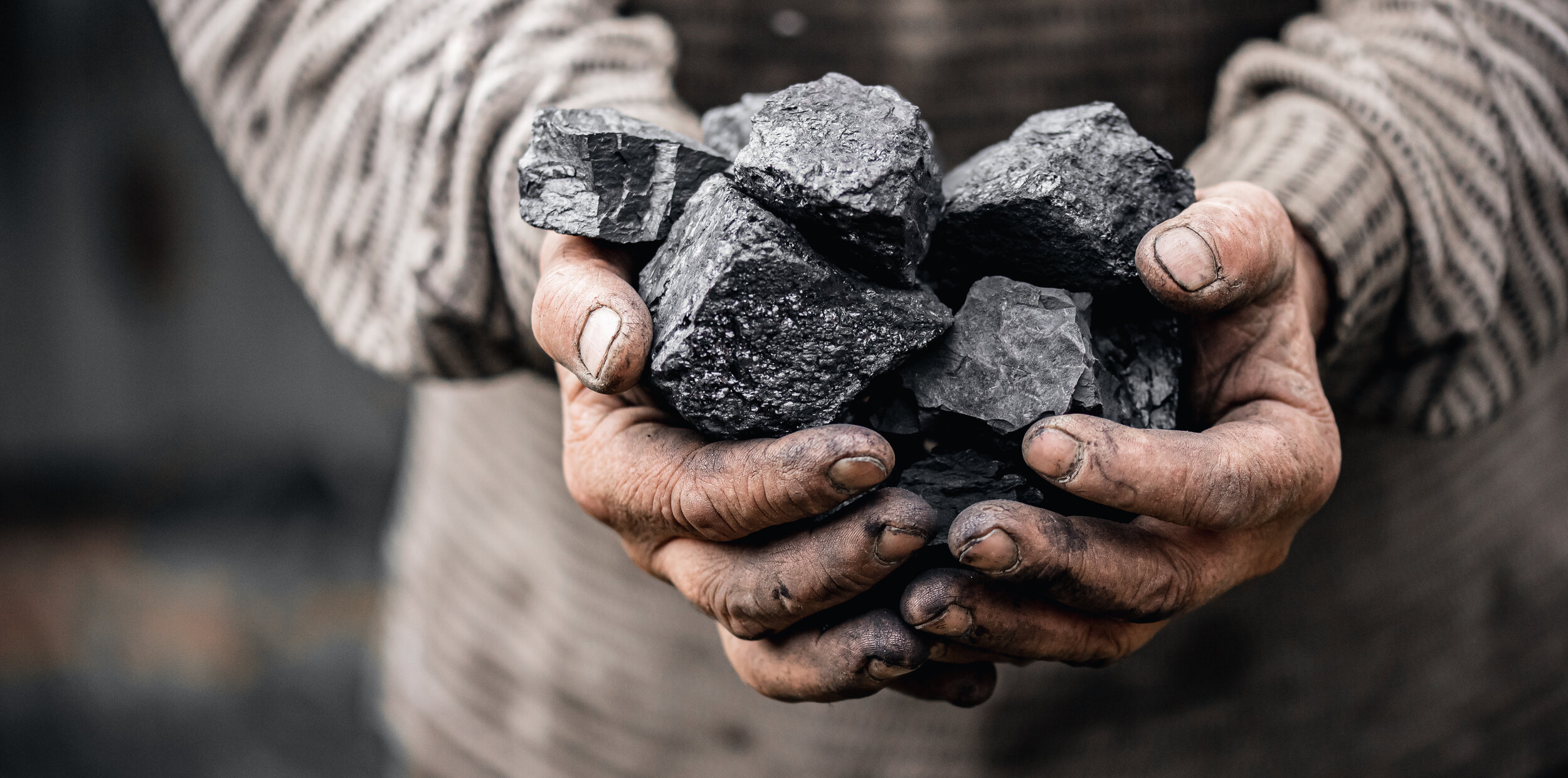A Push Towards Renewable Energy Systems
The term ‘fossil fuels’ is often used in energy conversations and for many, it might not be as easily understood.
Fossil fuels are found in the earth’s crust and consist of coal, oil and natural gas, which stems from both animal and plant decay over millions of years. When fossil fuels combust, heat and chemical energy is released and; due to a low ignition temperature, the chemical reaction has become the most popular form of energy that is readily available for human use today. However, fossil fuels are being extracted at a faster rate than they can be naturally produced (Kreps, 2020).
Carbon dioxide is a harmful by-product of non-renewable energy sources, which introduces oxygen into the compounds of hydrogen and carbon, every time combustion occurs. This energy can be transferred into electrical energy to create electricity or mechanical energy to drive engines.
The long-term damaging consequences of this repetitive process on the environment results in what is known as global warning or climate change. Renewable energy transitioning is therefore a critical component for Earth’s sustainability. Based on predictions of renewal energy rollout in the future of the South African economy, it is expected that governments will adopt new capacity targets for renewable energy solutions that will account for more than 40% of new energy capacity by 2030 (PwC, 2021).
Unfortunately, most of the world still rely heavily on coal-based electricity with 85.7% still making use of the traditional power grid (Dong, Dong & Jiang, 2020). Investments in new technology and systems that are completely independent from the traditional grid and harmful fossil fuels, can create numerous tangible benefits such as monetary value and sustainability.
Refreshing off-grid technology is becoming readily available to shift and transform to a fully renewable energy source that relies on clean energy only. U Micro Grid and its leading team of expert engineers understand the technology systems required that reduces the usage of traditional fossil fuel energy sources sooner rather than later.

